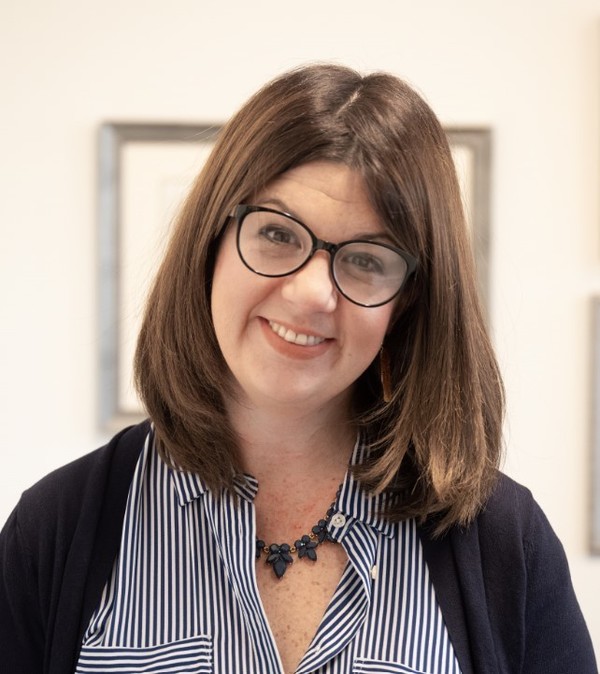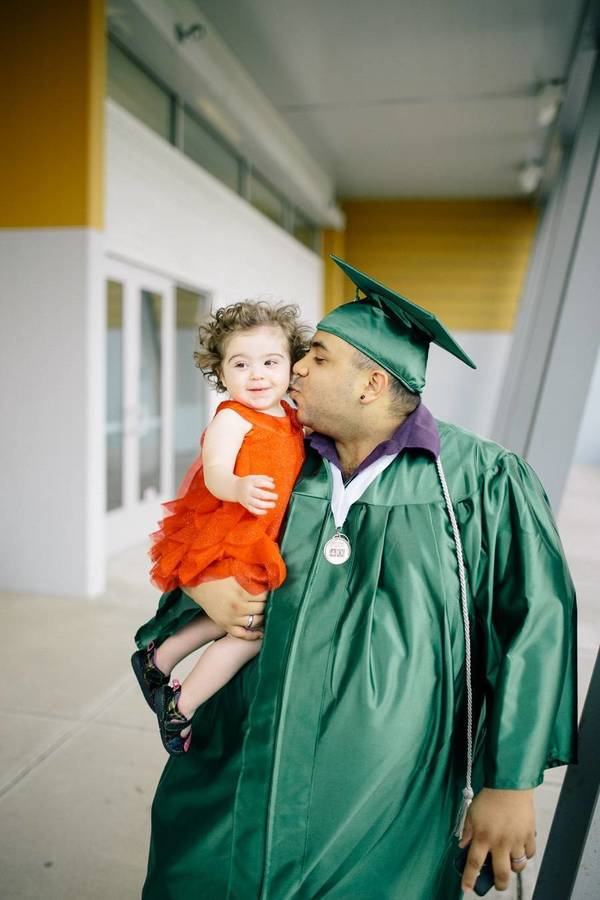
I often get asked what the benefit is for an organization to engage with LEO to build evidence. I can quickly rattle off a bunch of important factors: free research, the dependability and quality of the Notre Dame brand, third-party validation of your work. But really, as I stop to think about it, those are all secondary reasons. The reason to build evidence with LEO is that people in poverty deserve interventions that work. Services for people in poverty need to be informed by evidence, be part of the ongoing building of evidence, and advance understanding for the social service sector. Ultimately, we want to use that new evidence and understanding to perpetuate a cycle of learning and improvement, for more effective services for the people who receive them.
As a past social service leader myself, I can vouch that is no easy feat to implement randomized controlled trials into your work, which is already so demanding and makes “today” feel hard enough. But social service leaders have quite a big responsibility—more than to funders or boards or the press, they answer to the people that their programs are designed to serve. The “pain” of conducting research is real—it can be disruptive to operations, require new funding streams, present a big learning curve for staff and stakeholders, and initiate an organizational culture shift. But I would argue that the pain of not understanding the impact of your services is much greater. We must drive the change that is needed to the way our nation addresses poverty. But we can’t change without evidence that informs and guides our services, our investments, and our public policy.

One of my favorite examples of evidence put to use is from our partners at the Goodwill Excel Center in Indianapolis. When we met the team at the Excel Center, we learned that the whole idea of the Excel Center was steeped in evidence that was built before the development of their model. This research showed them the significant difference in earnings between someone who graduated from high school and someone who completed their GED. The Excel Center team set out to develop a program to help more adults gain their high school diploma, rather than the less-rigorous and lucrative GED, while at the same time working towards post-secondary credentialing that would help them achieve a job with even higher earnings. The Excel Center provides a tuition-free, public charter high school education for adults, paired with wrap-around services like free on-site childcare, transportation, and mentoring. The model is built on evidence. The first Excel Center opened in Indiana, but you can now also find these innovative and visionary schools in Arkansas, Missouri, Tennessee, Texas, and Washington DC.
Evidence got the Excel Center started, but ongoing evidence building is helping them grow. The results of LEO’s first research study with the Excel Center in Indiana are strong. Our data shows that the Excel Center increases graduates’ employment and earnings and sets them on a trajectory out of poverty. The Excel Center is using this latest evidence to expand their footprint even more, adding new states and centers to their portfolio. And they aren’t stopping now. They know they need to continue to learn as they expand. Today, LEO is engaged in studies of various components of the model at Excel Centers in Austin and Indiana.
The Excel Center shows us what building evidence is all about. Develop services for families in poverty based on what we know from the evidence today. Then, test that newly designed service. Once you learn it works, ut that evidence to use by scaling and replicating a successful intervention. And then, continue to learn and adjust. This evidence-building cycle of creating evidence, using evidence, creating more evidence, and putting more evidence to use is what is going to move the needle on reducing poverty in our country. To achieve that, we need more courageous organizations, like the Excel Center, to see the promise of the cycle, too.